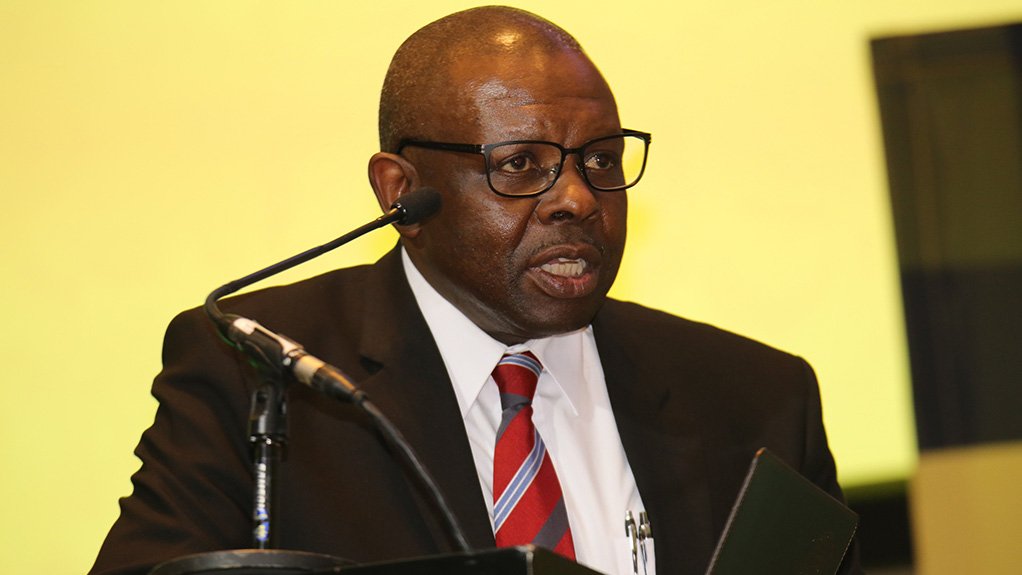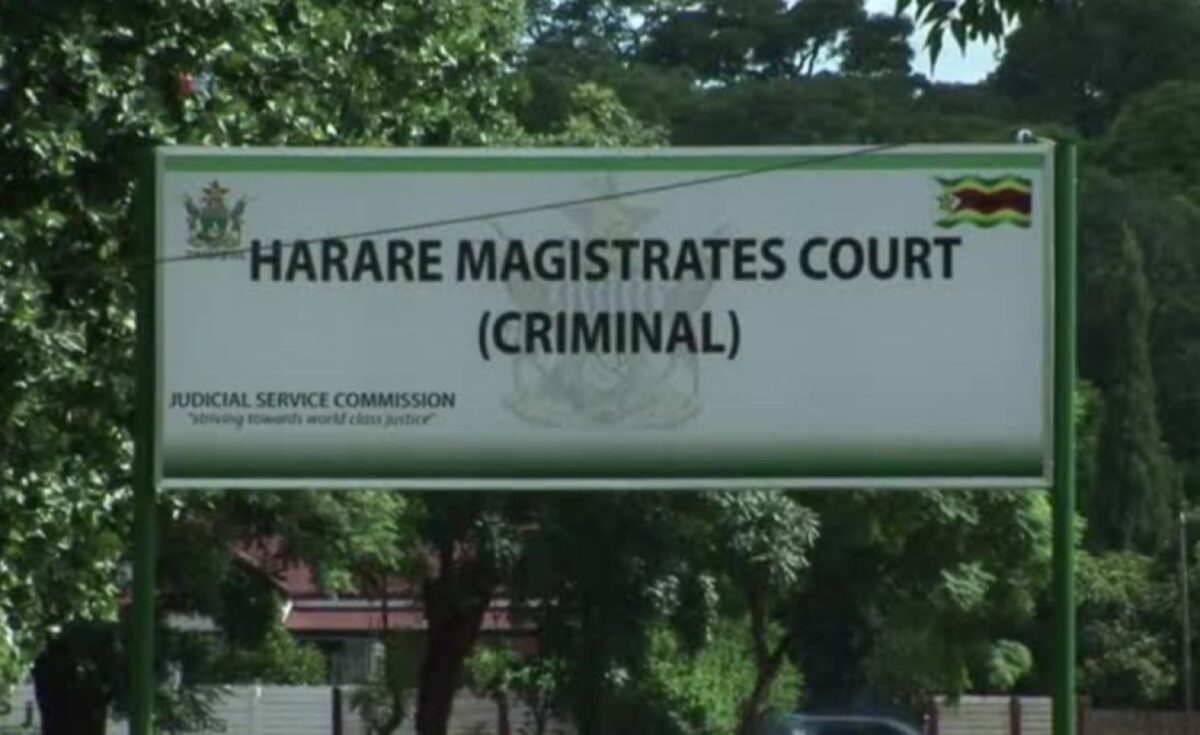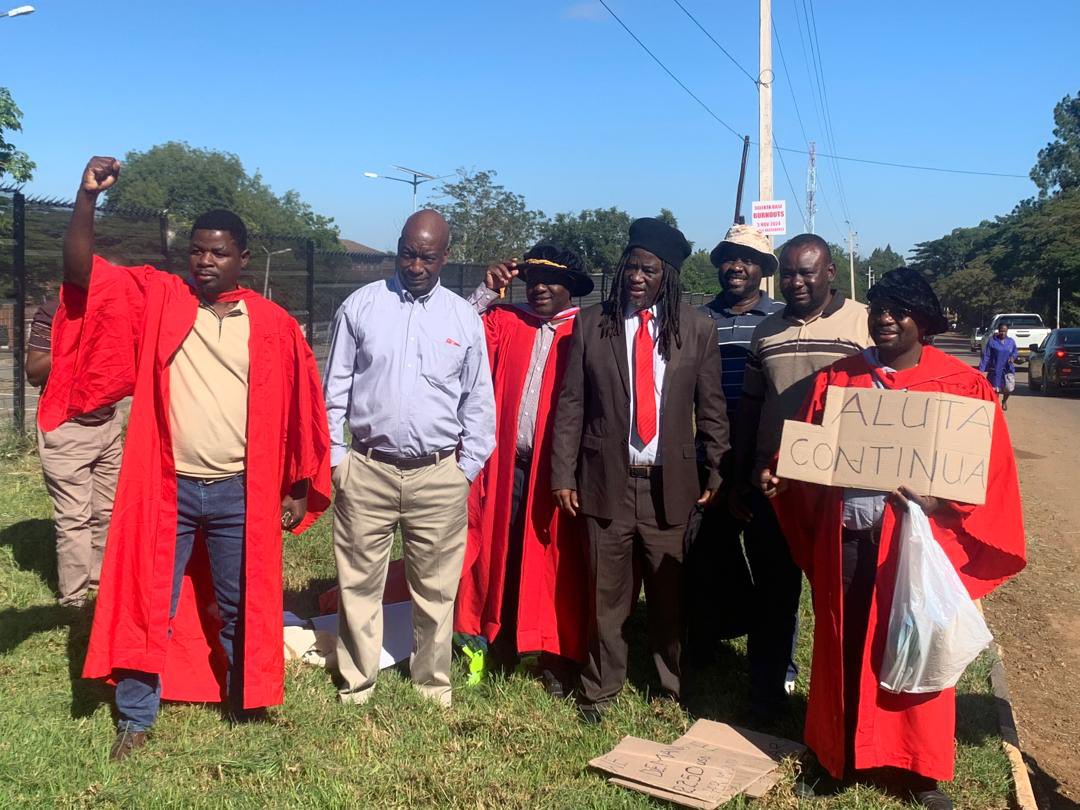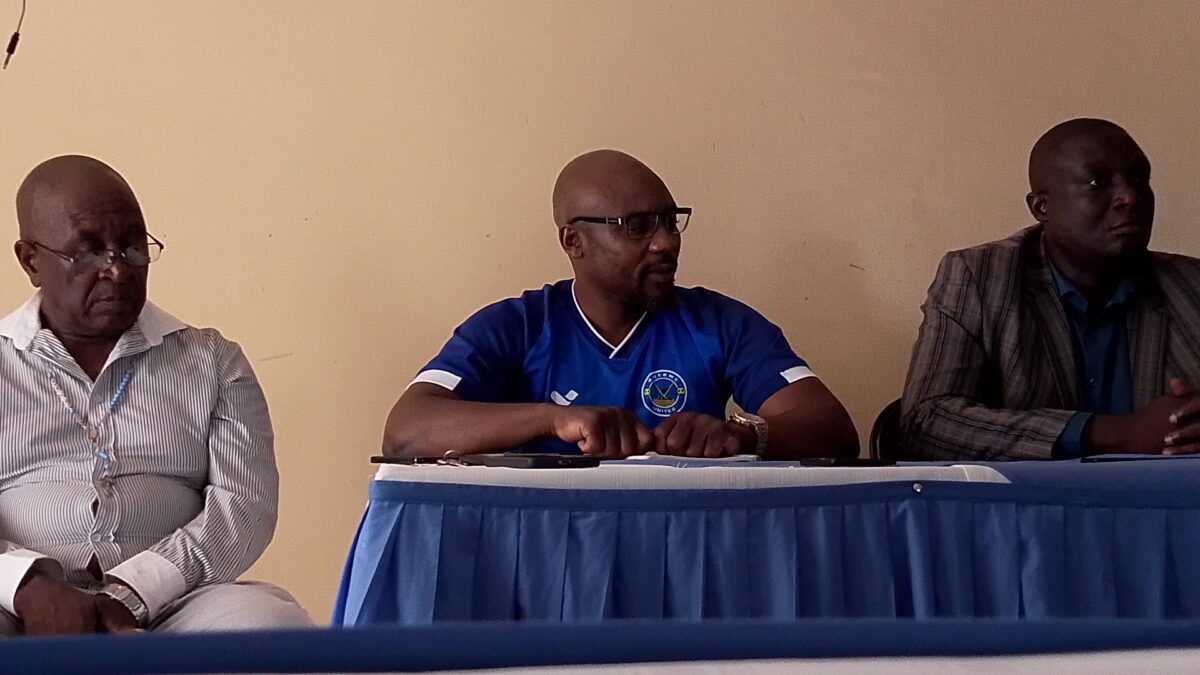JOHANNESBURG, South Africa – In a historic move, South Africa’s parliament has impeached one of the country’s top judges for misconduct.
An investigation found that John Hlophe, the leading judge in Western Cape province, tried to influence justices at the country’s top court in a case relating to former President Jacob Zuma.
He approached two justices in 2008 to see if they would support Zuma in a decision relating to a corruption case.
Hlophe always denied the accusation.
The long delay between the alleged offence and his impeachment was a result of a lengthy appeals and investigations.
The removal of a judge is unprecedented since the start of the country’s democratic era in 1994.
A second judge, Nkola Motata, was also impeached for disorderly conduct and racial outbursts relating to a 2007 drunk-driving accident.
Motata, who has since retired, was a High Court judge in Gauteng province at the time of the incident.
He also denied the accusation.
President Cyril Ramaphosa will now have to sign-off the decision and set a date for their formal removal.
The judges will then lose all benefits, including a lifetime salary worth over 1m rand ($53,000; £42,000) a year, a car allowance and comprehensive medical care.
Hlophe was the first to be impeached on Wednesday evening with MPs voting by the required two-thirds majority.
The decision was backed by the governing African National Congress (ANC) as well as the main opposition Democratic Alliance (DA) plus other minor parties.
A last-ditch attempt by Hlophe to halt his possible removal was thrown out by a court just hours earlier.
His impeachment was quickly followed by that of Motata.
An investigation by an oversight body, the Judicial Service Commission (JSC), found that in 2008 Hlophe had made contact with two of the eleven judges of the Constitutional Court in an attempt to sway a ruling in Zuma’s favour relating to a matter in his arms-deal corruption case.
Zuma has denied the corruption allegations and there is no suggestion that he had anything to do with Hlophe’s actions.
Neither impeached judges have responded to the MPs’ decisions, but Hlophe had argued in court papers that the role of parliament was not simply to rubber stamp findings by the JSC but to do its own investigation.
ANC Secretary-General Fikile Mbalula said the party welcomed parliament’s decision, while the DA’s Glynnis Breytenbach said her party felt vindicated after “years of the ANC government dragging its feet” on the judges’ removal.
“We may have waited 15 years for this moment, but the impeachment of Judge Hlophe, or any judge, has profound implications for judicial integrity in South Africa. It underscores the importance of upholding the highest ethical standards, the rule of law, and the constitution among judicial officers.
“It also sends a clear message that no-one, regardless of their position or influence, is above the law,” Breytenbach said.
Opposition party the Economic Freedom Fighters voted against the impeachments, with MP Busisiwe Mkhwebane arguing that the judges were remorseful and should be allowed to live the rest of their lives in peace.
“Can we let Judge Motata, in his misjudgement, be left to enjoy his retirement at home. We know that Hlophe was highly qualified and did his work with dignity. Punish this ANC government,” she told parliament, to cheers from her party’s benches.
Lawyer and the co-ordinator of advocacy group Judges Matter, Alison Tilley, told the BBC the removals were an important moment in the country’s history.
“It has taken time but it shows the systems to hold the judiciary to account do work. There are mechanisms that are now in place that give us confidence that a similar process would not take as long.”
















